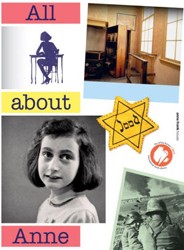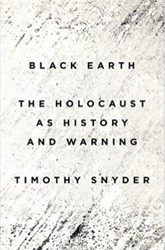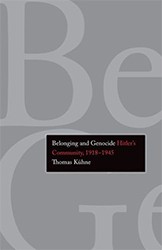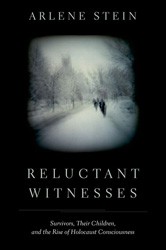When survivors of the Holocaust are willing to discuss their unimaginable experiences, they frequently comment that their existence is tantamount to a living death. In Using and Abusing the Holocaust, Lawrence Langer inverts that statement in order to discuss the Holocaust in terms of deathlife. Survivors, he insists, move away from death after surviving the camps, but upon returning to life, move closer to it; thus, there is a need to acknowledge and examine what Langer refers to as “necrotic consciousness.” Langer begins by criticizing attempts to bridge the abyss between “lived experience and the language to describe it” and ends by demanding that we “yield” to it.
Yielding to it for Langer involves an examination of the relationship between memory, narrative, and consciousness of catastrophe. In “In Pursuit of Death in Holocaust Narrative,” for instance, Langer calls for a new definition of survival in view of the concepts of deathlife and the coffined self, and in “Wounded Families in Holocaust Discourse,” he considers the living death of hidden children and its effects on memory and identity. In the main, Langer privileges the narrative, but is quick to remind his audience that consciousness, memory, narrative, and catastrophe are synergetic.
Considerations of deathlife notwithstanding, Langer’s concerns with the effects and representations of catastrophe are many and varied. From chastising writers of misleading titles, to derailing the public’s penchant for imagined reality, to discussions of global slaughter and a possible connection between memory, justice, and catastrophic events, in Using and Abusing the Holocaust, Langer is true to his mission: to examine the “potential moral and aesthetic conflict between art and atrocity.”





